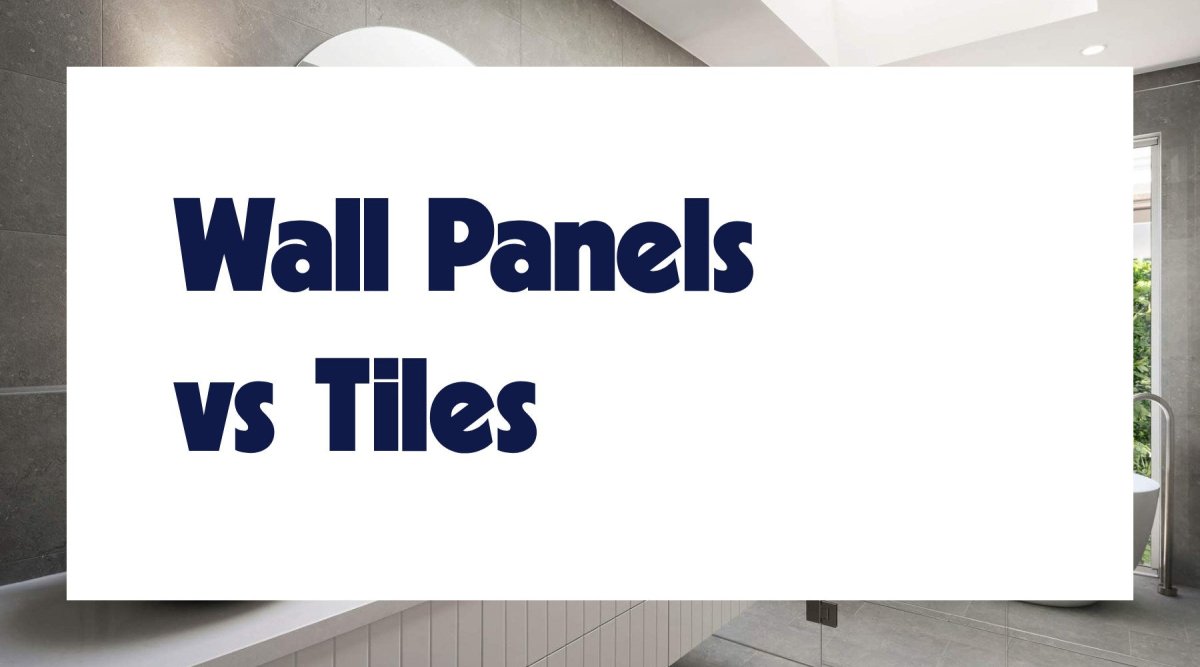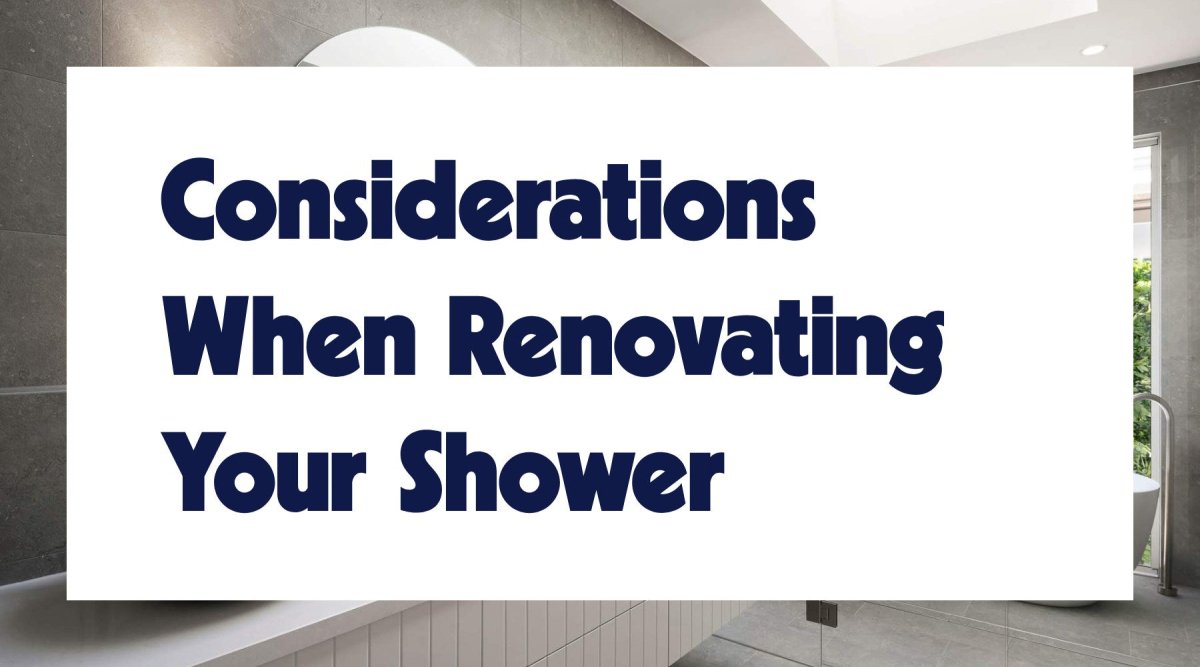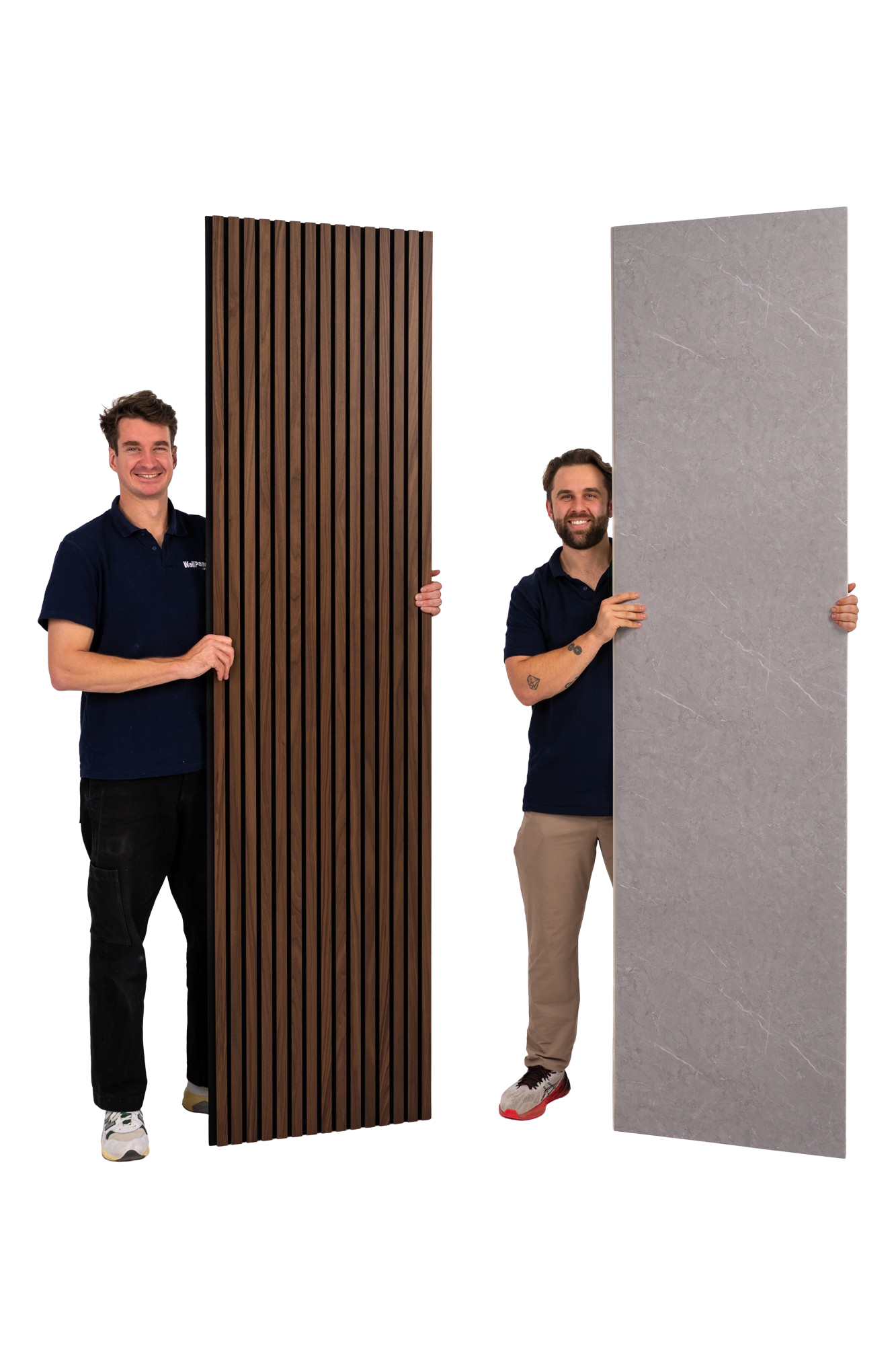The way we think about and design our bathrooms is changing. For many years now, tiles have been seen as the go-to to create a clean, long-lasting, quality finish to a room that requires care and attention to keep it from getting damp, mouldy, and unsanitary.
They work and they work beautifully well - there’s no disputing that. Tiles can be cheap to fit and so long as you’re relatively fastidious, easy to look after too.
Over the last few years, we’ve seen a new kid on the block sneaking up and looking to take over from the humble tile - and that’s the shower wall panel. Many people who want to make over their bathrooms and ensuites look seriously at this option as a different way of making over an otherwise clinical-looking space.
However, when we say bathroom panelling is a new idea… experts out there might disagree, as we’ll see.
Origins of bathroom wall panelling
In recent times, designers and manufacturers have begun to experiment with the idea of creating a way to change the stark and often clinical nature of current bathroom design trends. After all, they’re spaces that should be relaxing, and have a calming effect on us, especially if we’re going in there at the end of a busy day to unwind and destress.
The idea of panelling in homes isn’t exactly a new design idea as such. These types of home decoration have been in existence in varying forms since the late 15th century, so the idea of putting panelling in a bathroom, isn’t exactly innovative, but in the 21st century it’s being led by science and a plethora of new construction materials and techniques to make them waterproof and longer lasting than timber.
A quick word to note is that if you’re looking for something modern, minimalist, and sleek - bathroom panelling throughout the entire room might not be for you, but there are ways to incorporate their design influence into your space.
So, with all this in mind - let’s look at a comparison of bathroom wall panels and tiles and see which might be the best bet for your home sanctuary if you’re planning a little redesign.
Along the way, we’ll also hear from a couple of experts on the benefits of bathroom panels and why they’re worth considering.
Why do we need bathroom tiles or panels?
“In splash zones, like the internal walls of your shower enclosure, the area above your bath, and the space behind your basin, you will need a more watertight solution that offers better protection.
Many people opt for tiles, as they offer a very hard wearing surface that is impervious to water. However, these days, many more people are choosing shower wall panels which can also be used right around your bathroom”. Adam Chard, writing for leading bathroom supplier Victoria Plum
Bathroom Panels - easy installation, easy care
This is something that extends to their care and maintenance too. Once they’re installed, they’re easy to clean and only need to be wiped with a damp, soft cloth. Not only that they can be fitted over existing tiles too, making the installation job less laborious in the first place.
They’re a win-win for people who are time-poor when it comes to cleaning and housework and need something that will look instantly spick and span with the minimum effort.
What makes for good bathroom panelling material?
When it comes to the type of materials you need to consider for bathroom panelling, what’s best to opt for and why? For many MDF panelling is a sound choice of material for a bathroom. It’s highly moisture resistant. This means that unlike wood it’s not going to expand and contract as the humidity in the air shifts. Once it’s installed it’s less likely to crack and this means that there’s even less upkeep, other than your regular cleaning. It is possible to use timber, but you do have to be very selective about the areas it's used in and it can’t go near any walls or areas that are directly exposed to water such as the shower, bath, or sink.
Other excellent choices are laminate and acrylic. They’re watertight, exceptionally easy to maintain and look after, and will last for many years.
One interesting fact to point out is that whilst technology means that the materials we use are man-made and easy to install and look after, many people are opting for finishes and decorating that mimics the look of tiles (without any of the need to clean grouting). Tile effects can be etched onto panels to give the same appeal as tiles, but that cost less and wear better. Worth considering if you’re a traditionalist that wants to try and move with the design times a little.
As a final point, the painting will need to be considered carefully as you’ll need to go for a paint that has a finish more water-resistant and easy to care for than any panelling you might have in the rest of your house.
Sustainability is a consideration
Of course, tiles will always have a time and place and many experts point out that in terms of their sustainability, a traditional tile will last a long time. After all, they’re made from either ceramic or glass which are natural building materials. Therefore they’re durable and mostly organic!
However, the ease of installing and cleaning a bathroom panel might very easily outweigh the eco-friendly credentials of the former, especially for time-poor families or those who simply want something that’s simple to look after.
Bathroom panels can offer a quick and easy way to makeover an uninspiring space and make it a real sanctuary to relax and unwind in. Their blend of heritage and technology means that undertaking a room refresh becomes hassle-free and something that doesn’t need to cost a lot of money either.






Leave a comment
All comments are moderated before being published.
This site is protected by hCaptcha and the hCaptcha Privacy Policy and Terms of Service apply.